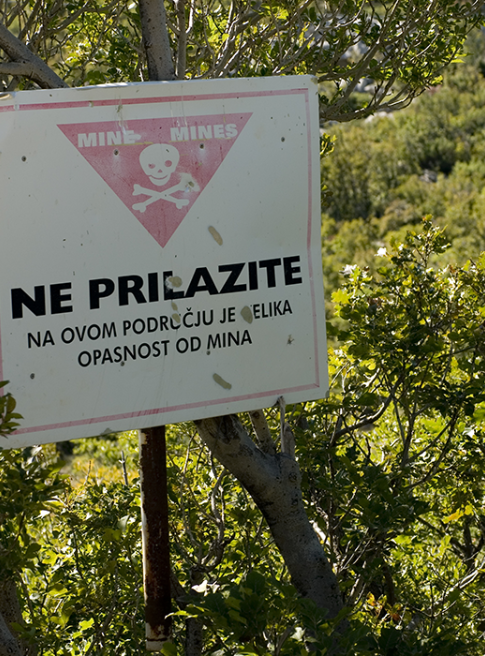Reconciliation and good neighbourly relations are at the heart of the European Union project and thus of the EU enlargement and stabilisation and association process.

The EU agenda in the Western Balkans is focused on building a better shared future, while tackling elements of the past which act as an impediment to future co-operation, stability and prosperity.
The Western Balkans is still seeing the impact of unresolved issues and legacies from the conflicts in the 1990s.
In addition, victims of war crimes need access to justice and social services without re-traumatisation. Many people, especially young people, are not fully informed on the recent history which shapes the region today. Over the years, these issues have contributed to creating an environment conducive to polarisation detrimental to the future of the region.


Recognising that reconciliation cannot be imposed from the outside, but needs to be owned and driven by the region, the EU has been supporting the Western Balkans in this area of work for many years – for the benefit of the region and for the benefit of Europe as a whole.
Reconciliation and good neighbourly relations are key elements of enlargement and the stabilisation and association process, as set out in the Western Balkans Strategy. This is also reflected in the EU’s 2020 Economic and Investment Plan for the Western Balkans.
Reconciliation and good neighbourly relations are also intrinsically linked to the rule of law, economic governance and regional cooperation. Overcoming the legacy of the past in the region will contribute to anchoring sustainable socio-economic development in the region.
Ongoing support
Building on this important work so far, the EU continues to prioritise support to reconciliation, in a wide range of issues, including:
Legacy issues – Supporting efforts to deal with war crimes and missing persons in the region. This also encompasses the provision of housing to post-conflict refugees and internally displaced persons, support for mine clearance and acknowledging the suffering of all victims.
Connections between communities – Promoting intra-regional co-operation in the fields of youth, education, sports and culture as drivers for reconciliation and economic growth. Dedicated support is provided to support a vibrant civil society across sectors such as environment, good governance and justice, media, social inclusion, human rights, gender, education, children rights, youth, social services, minorities.
Cooperation in areas of mutual interest – The EU and the Western Balkan region have identified sustainable socio-economic development as an area of mutual interest which can be furthered through increased connectivity and regional cooperation. The EU supports this work including through the Western Balkans Enterprise Development and Innovation Facility and Western Balkans Investment Framework and in the perspective of the establishment of a Common Regional Market.
Please wait while your video is being uploaded...
Don't close this window!